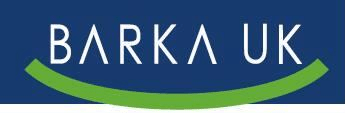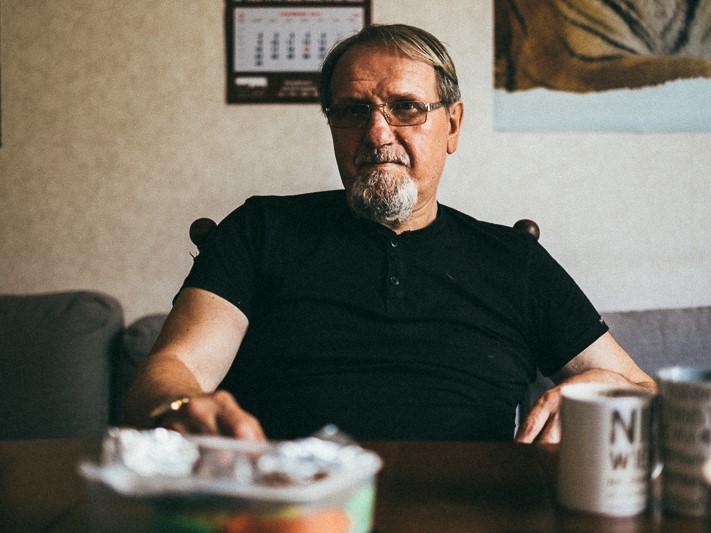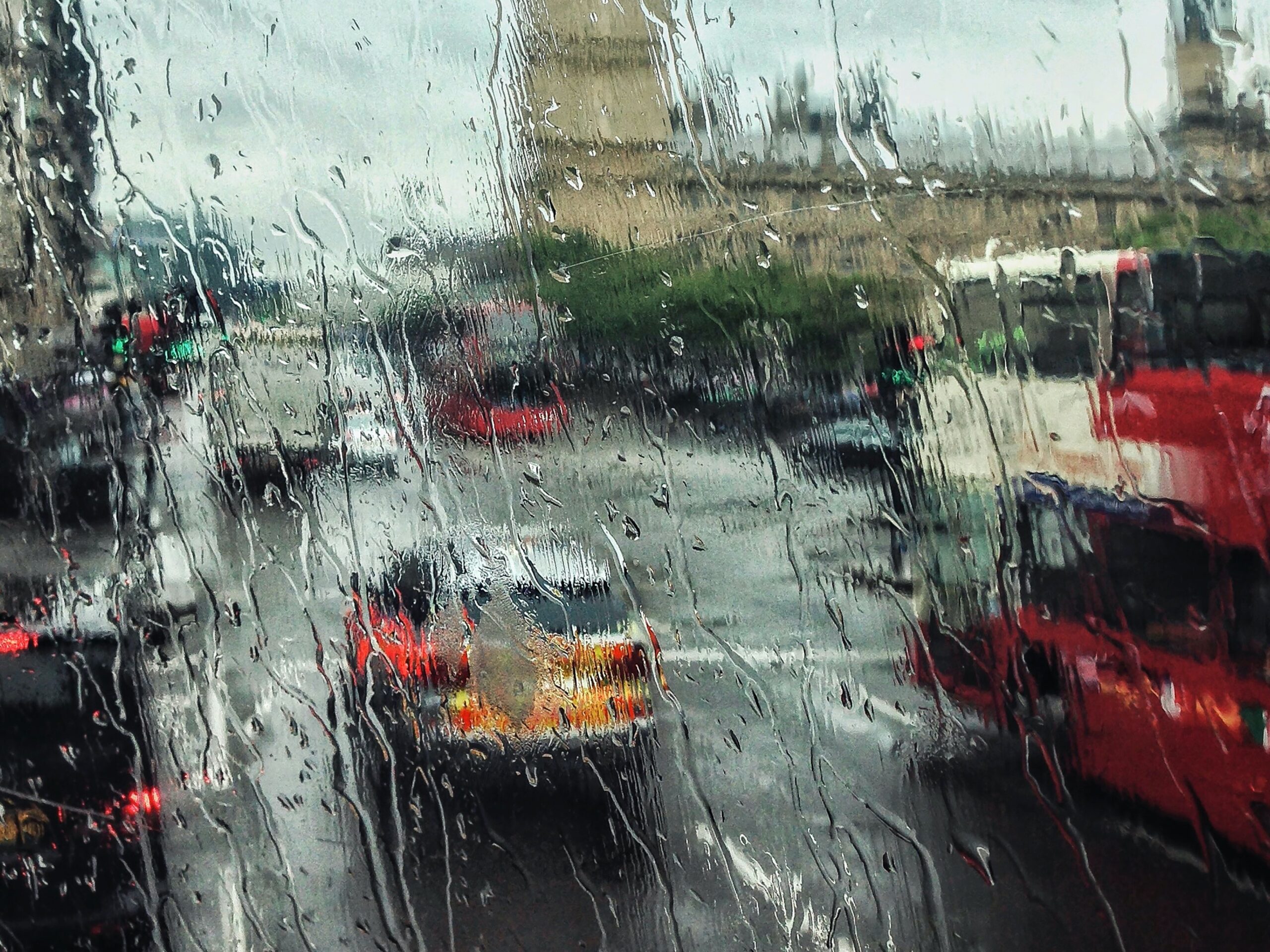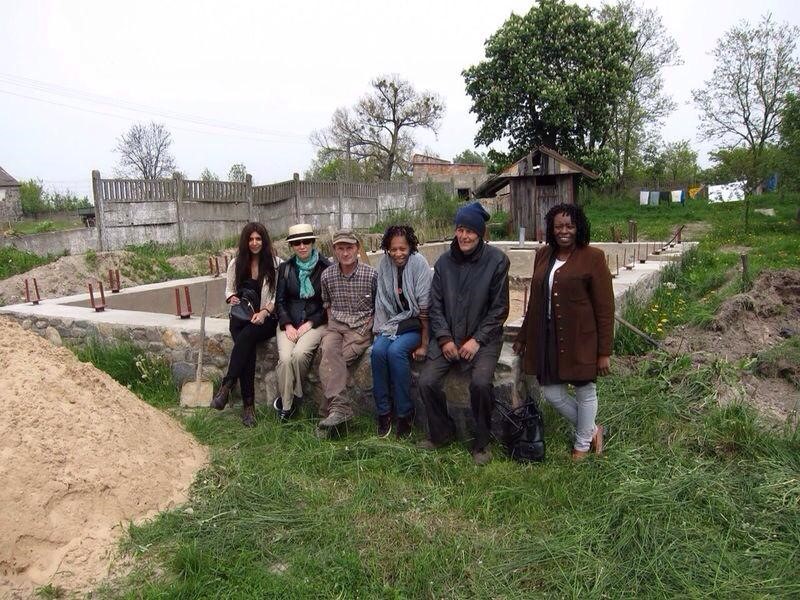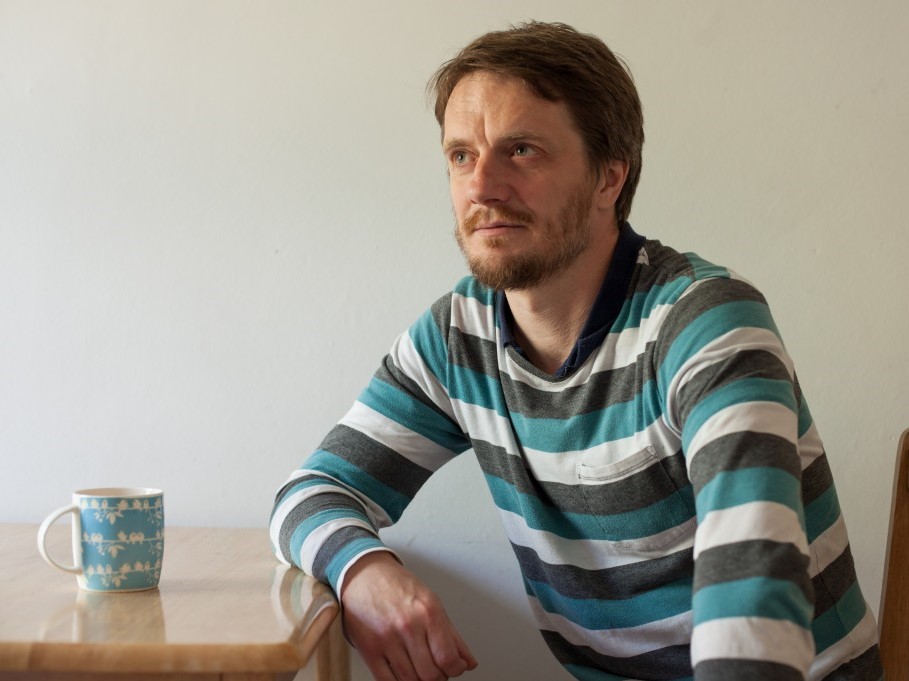Sana Afzal, KERBB Project Leader (Enactus Queen Mary)
I was first introduced to Barka UK after working closely with the organisation to provide consultancy for the charity and to aid the creation of a new employment programme. As a member of Enactus, myself and my team immediately identified that we shared many of the ideals of Barka: empowerment, social enterprise and social integration.
However, it was not until I completed my two week study visit to Poznan, Poland – the birthplace of Barka – that I truly realised just how inspiring and ground-breaking both the work and people of Barka are. On my trip I was fortunate to experience the work of Barka on the ground level, visiting communities of previously unemployed and homeless people, social enterprises run by them as well as attending conferences and meetings with the Sadowska family to discuss future change. I hope to briefly reflect on each of these areas.
Communities
We visited numerous communities on our visit and to discuss them all in detail here just would not be possible! What stood out to me in each community I visited was the incredible work motivated and happy atmosphere of these communities. Considering these people had once been on the fringes of society, the way they ran and lived in their communities was remarkable. They are all aiming to be self-sufficient and I found their entrepreneurial spirit highly admirable: from farming animals and crops to managing homeless dog kennels. For images from these communities please visit my gallery attached.
Social Integration Centres and Social Enterprise (Social Economy)

These centres were one of the most eye-opening and inspiring aspects of the my visit. Social integration centres are targeted specifically towards unemployed people, often those who have been out of work for long periods of time. Rather than just handing out benefits to these people, social integration centres provide an alternative. They offer 18 month skill workshops where individuals can attend and develop existing or new skills, leaving them better equipped to find employment in the future as well as empowering them to be active. These can lead to social cooperatives, where businesses can employ participants of such workshops, and social enterprises set up by graduates of the centres.
The hotel we stayed in, the restaurant in which we were served our meals all had one thing in common: they were run by participants of workshops, catering and hospitality. The calibre of service here was unrivalled and I was hugely impressed by the quality of it. This has made me realise what a successful platform social economy is, and I now believe replicating a similar system could be very fruitful here, in the UK.
Meetings and Conferences
Finally, we witnessed the hard-work of the staff of Barka, not only external staff but Sadowska family themselves. The commitment and passion of everybody I met at Barka was an inspiration and it was a pleasure to be in their company as they we travelled with them to European Union events and other areas of Poland to spread the model of social economy.
Final Thoughts
This is an experience I would most definitely recommend to anybody who is working closely with either Barka itself, homeless/unemployed people or is interested in social enterprise and economy. The two weeks I spent in Poland opened my eyes to all aspects of tackling the prevailing, universal problems of unemployment and homelessness. It has shown that there are alternatives to passively handing out benefits to people, and with the right passion, empathy and entrepreneurial spirit you can truly empower people and help them move forward towards more fulfilled, healthy and self-sufficient lives.
Thank you to Barka for this opportunity in particular: the Sadowska family, Maria, Roman, the people at the communities and centres for their hospitality and Agnieszka at Barka UK for recommending me for this visit and I hope Enactus Queen Mary can now apply what has been learnt from this trip to creating future projects in the UK.
